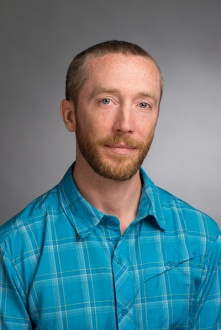Wallace Craig, the Wood Pewee, and Disability Gain in Environmental Science

Kristoffer Whitney, Associate Professor, Department of Science, Technology, and Society, Rochester Institute of Technology
KRISTOFFER WHITNEY
2:00 PM in 102 Clemens hall
OCTOBER 25, 2024
This quasi-biographical project centers Wallace Craig, an early-to-mid-20th century ethologist who studied bird behavior. Craig was also a late-deafened scientist who, among other things and with little institutional support, innovated a method to collect and analyze bird songs that he himself could no longer hear. Craig’s solicitation of birdsong descriptions from collaborators were not only a form of natural history collecting and environmental knowledge-making, but also what we might now anachronistically call disability access. Combining the history of environmental sciences with disability studies, this talk uses the example of Wallace Craig as a way to reflect on the historically-rooted “ableism” embedded in our institutions of higher education, and the gains to be had in diversifying our perspectives on the natural world.